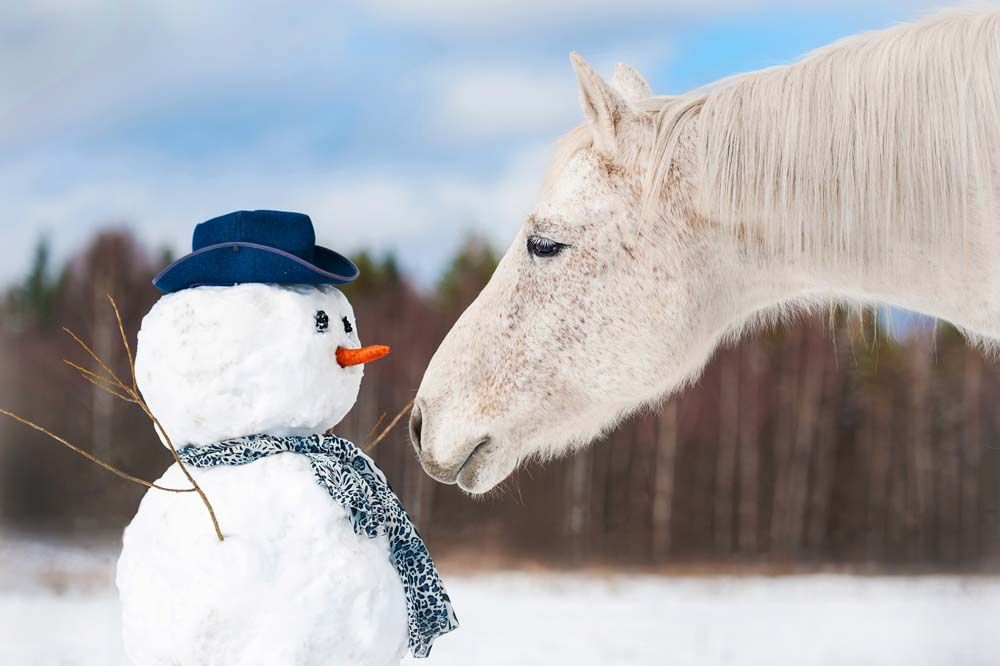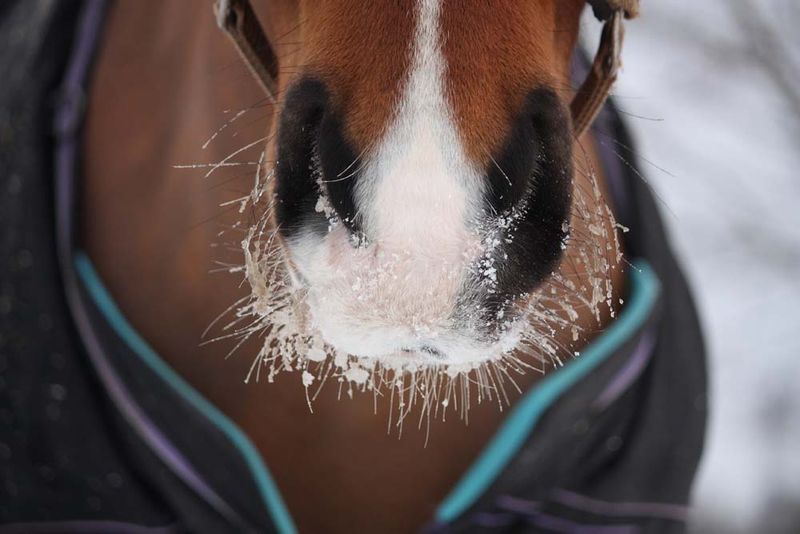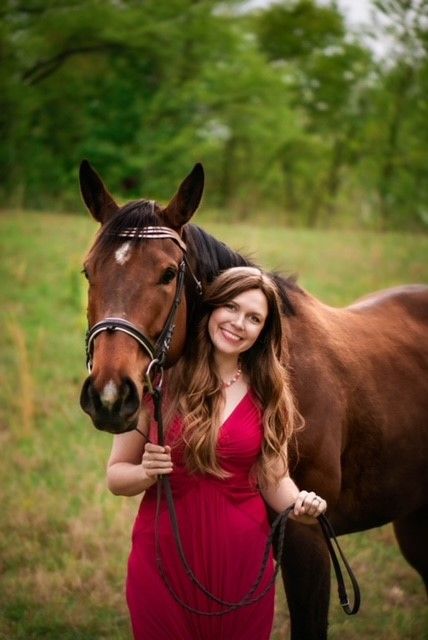Veterinarian Answers 4 Questions About Equine Influenza


Cold weather often spurs respiratory challenges in horses.
“Besides the drop in temperatures alone, other contributing factors include the drier air and decreased immune function in the lungs,” says Tony Hawkins, DVM, Valley Vet Supply Technical Service Veterinarian. “Equine influenza attacks the normal immune functions of your horse’s lungs, which causes an increased susceptibility to secondary bacterial infection and bacterial pneumonia.”
Equine influenza is one of the most common respiratory challenges impacting horses. The Centers for Disease Control and Prevention reports “[H7N7] is now considered to be extinct. The EIV H3N8 subtype was first reported in horses in the United States in the 1960s and still spreads in horses globally today.”
For better understanding of this condition, Dr. Hawkins answers four common questions about equine influenza.

Q: How is the condition spread?
“Equine influenza is spread from horse to horse through contact with infectious nasal secretions. This can occur through direct, nose-to-nose contact with an infected horse. Coughing is also a very common cause of spread, as well as contact with what we call fomites—meaning objects like feed buckets, brushes, tack, clothing and hands—that have those nasal secretions on it. After horses are exposed, it's only a one- to three- day incubation time and should they become infected, they can shed for up to 14 days.”
Q: What are signs of equine influenza?
“A cough is a pretty classic sign of flu. Horses also may demonstrate fever, nasal discharge, lethargy and loss of appetite. Some horses that become infected may not show any symptoms; they are called asymptomatic shedders.”
Q: How is the condition treated?
“Most importantly, horses will need rest and supportive care, which will differ a little bit from horse to horse and case to case. Rest is very important. You don't want to exercise those horses or add any stress because that just makes things worse. The most common recommendation from the experts is to provide one week of consecutive rest for every day of fever, even if they start feeling better before that rest period is over. For horses experiencing fever or secondary bacterial pneumonia, non-steroidal, anti-inflammatory medications and antibiotics would be needed. Work closely with your veterinarian on treatment options available.”
Q: How can you prevent equine influenza?
“To prevent equine influenza, consider the steps we take to shield ourselves from the flu. Vaccination plays a very important role in prevention of disease. Should vaccinated horses become exposed, either one, it's not as serious should they become infected, or two, the vaccine will hopefully prevent the disease from taking hold. As for vaccination timing it really comes down to a few things—the immune status of the horse and the risk of exposure. I recommend annual vaccination for horses with lower risk and twice-a-year vaccination—every six months—for horses with high risk of exposure or those who may have questionable immune status.”
Dr. Hawkins considers the following groups of horses as high risk and recommends they receive twice-yearly vaccination:
Young or senior horses
Horses traveling frequently or have exposure to those who do
Those residing in boarding/training barns with frequent new arrivals
“Cleaning is very important when you're caring for animals. Clean and disinfect your tack, buckets and anything that your horse or others could come in contact with. If you have any sick animals on the premises, you really need to care for the healthy ones first and then care for the sick ones last, so you don't pick up the infectious materials and take it to your healthy horses.
New arrivals need to be quarantined for at least two weeks from your resident horses. And if you take your horse somewhere else and then come back home, quarantine that horse away from your other horses at home for at least two weeks.”
Through vaccination and best management practices, you can help prevent your horse from equine influenza risk. Visit ValleyVet.com to continue learning and for your equine health needs.
About the author
Aimee Elyse Robinson draws from her lifelong experience with horses and tenure as a writer in the animal health industry. Read more of her work at ValleyVet.com.
Tags:Horse Sense

Acreage Life is part of the Catalyst Communications Network publication family.
















